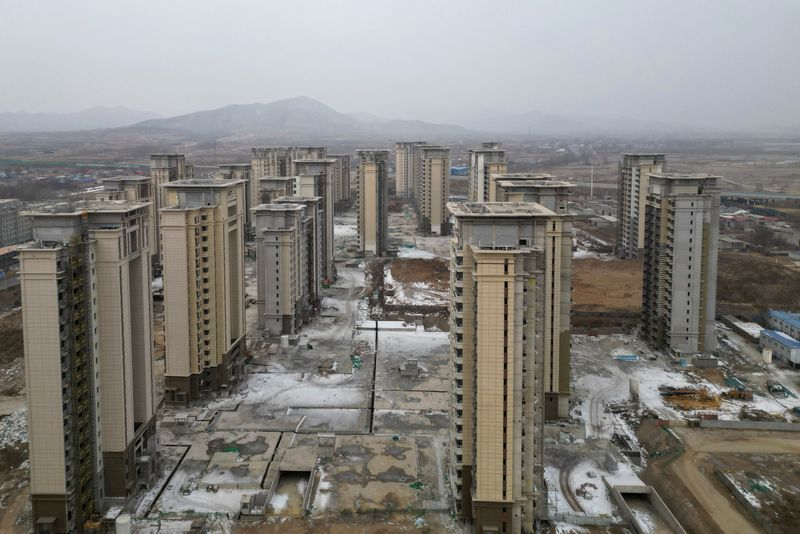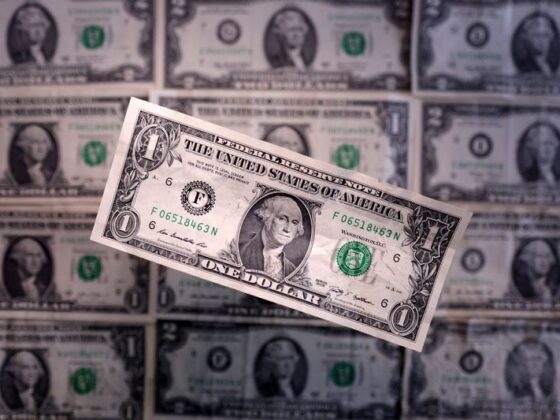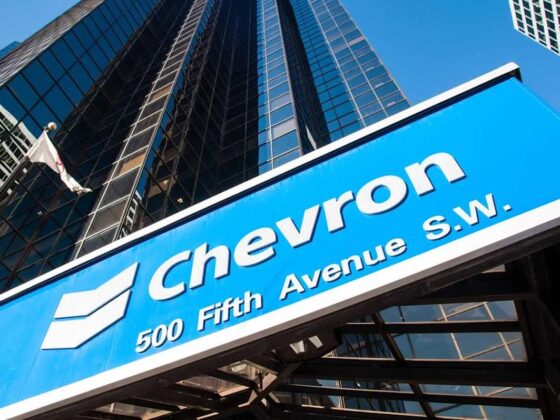By Clare Jim
HONG KONG (Reuters) -China Evergrande Group, for the most part, lived true to its name — it was once the country's premier developer, its listing in Hong Kong in 2009 was the biggest by a Chinese private developer, and it had the largest pile of debt in the property sector globally.
Shop Top Mortgage Rates
That attribute stayed with the company till the very end of its boom-to-bust saga — its delisting from the Hong Kong stock exchange on Monday would be one of the largest by market value and volume in recent years.
For investors in the firm the journey has been anything but grand.
The developer started with a strong public market debut and a stock value of $9 billion in late 2009 that grew more than five-fold to $51 billion eight years later only to plummet to earth in recent years; it is now worth a meagre $282 million.
The company's journey from stock exchange darling to a pariah in the financial markets is a cautionary tale of unbridled debt-fuelled expansion in the world's second-largest economy.
Its shares fetched HK$31.39 apiece at its peak, and it was down to HK$0.163 when it exchanged hands for the last time 19 months ago.
Trading in shares in the world's most indebted developer with more than $300 billion in liabilities has been suspended since it was hit with a liquidation order on Jan 29, 2024, after it defaulted on debt and failed to finalise a restructuring plan.
Evergrande is getting delisted from the Hong Kong Stock Exchange due to its failure to resume trading within 18 months, according to a filing on Aug 12.
The delisting will close a chapter in China's unprecedented property crisis that started in 2021, though it's unlikely to be the last to meet such a fate as the sector continues to be hobbled by a liquidity squeeze and a lack of demand.
Earlier this month, China South City became the first state-backed property developer to get a liquidation order from the Hong Kong High Court, following a similar fate for a handful of privately-owned peers.
“Evergrande is one of the landmark examples of the collapse of China's real estate sector a few years ago,” said Gary Ng, senior economist at investment bank Natixis.
While the delisting is “largely symbolic”, he said it “still marks the end of the golden age of China's real estate sector.”
Chinese authorities over the few years have been striving to revive the property sector that once accounted for a quarter of its GDP, while buyers wait for their unfinished homes to be handed over and creditors hope to recoup their money.













